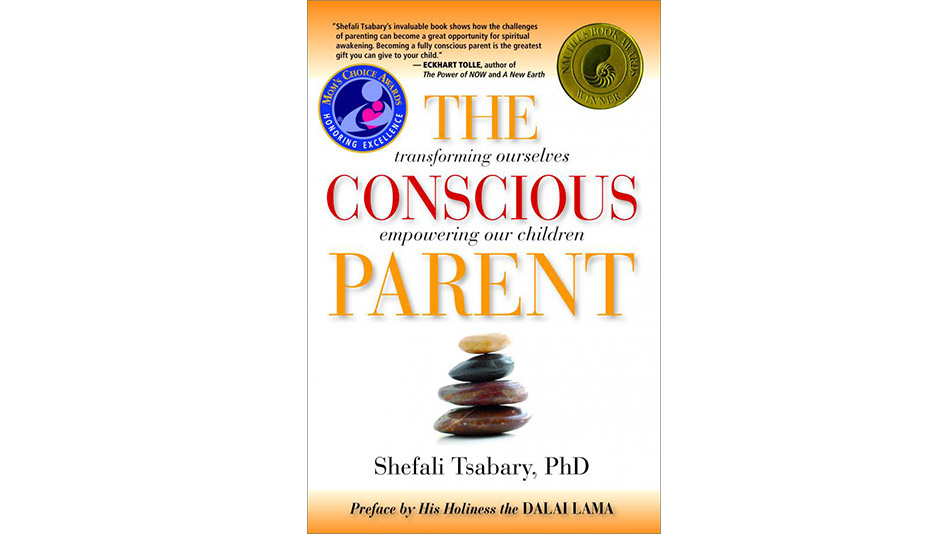Whenever your children act out in a defiant manner, there's always an underlying motivation. This could either be because they are rewarded with negative attention from you or because they haven’t learned to be respectful of another's wishes. They have been permitted to violate boundaries without consequences. When you face difficult moments with your children, instead of becoming reactive, ask yourself the following questions:
Is my child behaving in this manner because I'm unable to be firm and consistent?
Am I being clear that my child's behavior is absolutely not okay with me? Or am I being wishy-washy and sending mixed messages?
Do I need to reexamine my expectations and recalibrate my understanding of what my child's emotional capacity is right now?
Is my need for control being triggered, and am I reacting to my child from a triggered state?
Am I having difficult engaging my child with mutuality, preferring "my way or the highway"?
Is my child evoking a sense of helplessness and disempowerment in me because of my past conditioning?
Does my child sense I'm uncomfortable with conflict and therefore push my buttons even harder?
Could it be that I don't believe in myself and therefore don't believe I can garner respect from my child?
Is my child thirsty for my attention because I have been preoccupied, so that I only pay attention when they are behaving in a negative way?
Is my tolerance for frustration so low that I can't negotiate with my child through dialogue because it evokes too much anxiety in me?
Am I so stretched and wired that I flip out at the slightest perception of loss of control? After giving to my family all day, do I feel resentful and unleash my emotions at the least provocation?
Am I running on empty right now, so that I can't invoke the presence my child deserves?
Is it possible I don't know how to respond to my child's temperamental nature, and that this engenders anxiety in me?
Do I pressure myself and my child to behave in the "right" way, to the point that when things don't go according to plan, I lose my sense of perspective?
When we aren't conscious of our own feelings, we blame our children for "making us" feel a particular way, which triggers in them the feelings we are carrying within us. To the degree we unleash our anxiety on them, they will carry our unprocessed emotions within their body, which means they too will act from an uncentered state. Their state then catapults us into an escalated reaction—and so the cycle of pain continues down through the generations.
Though each party's emotional energy arouses emotional states in the other, we have to be clear, as pointed out earlier, that no one can
cause us to feel a particular way. No matter how it may appear on the surface, at a more elemental level no one has this power. If the seeds of irritation, helplessness, frustration, or tension weren’t already within us, they couldn’t bloom. But as long as we feel helpless and somewhat out of control, the slightest suggestion we aren’t being listened to will cause us either to feel disempowered, and hence ineffective in handling our children, or lead us to unleash our frustration on them. The degree to which we become emotionally agitated by our children reflects the degree to which we are
already agitated within ourselves.














